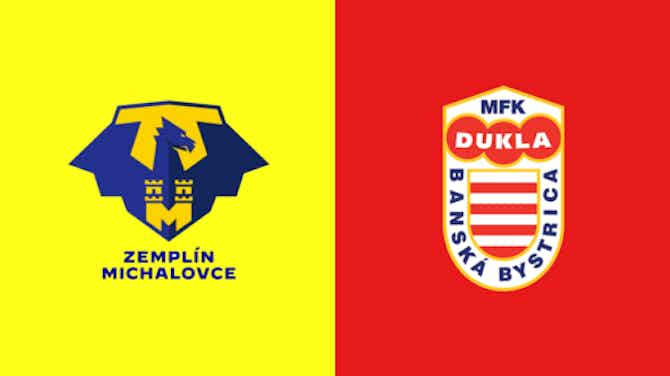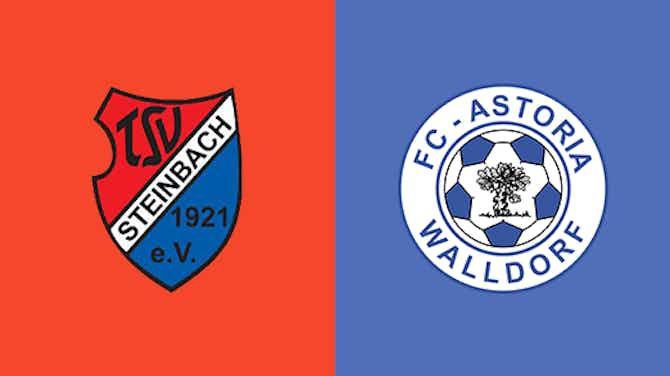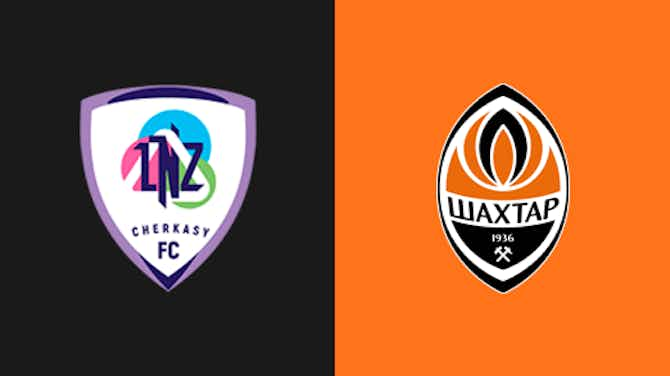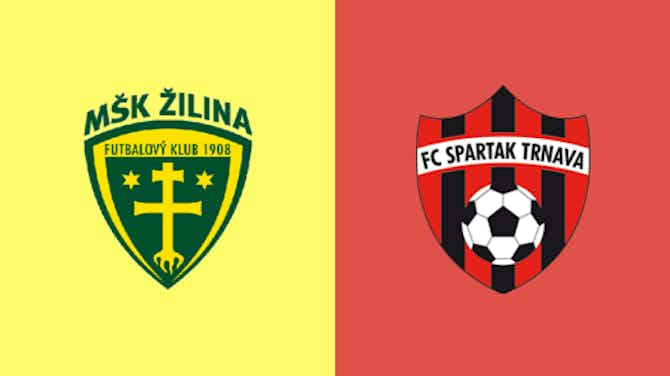OneFootball
Daniel Issroff·25 February 2022
Five talking points from the Champions League final
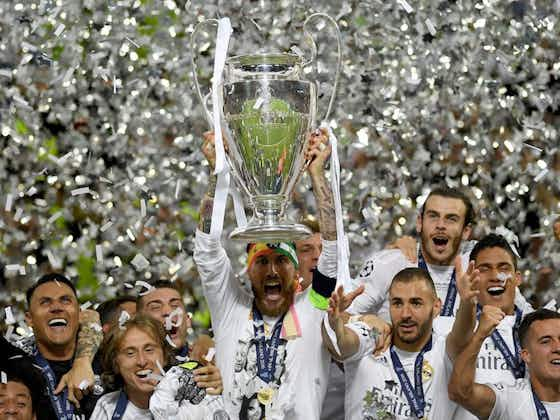
OneFootball
Daniel Issroff·25 February 2022

From Zinedine Zidane’s bizarre substitutions that gave Atlético more impetus to Jan Oblak and Atlético Madrid failing to turn up for penalties, here are five talking points from Real Madrid’s Champions League victory.
1) Atlético commit risky fouls and pay the price
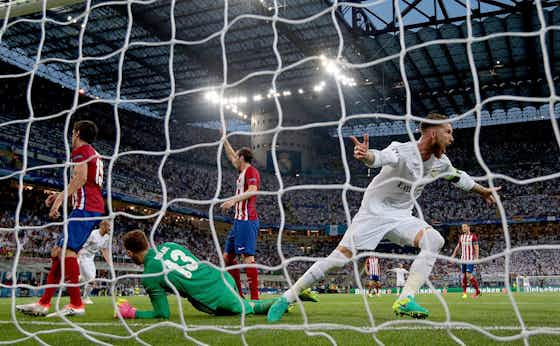
Atlético set out to disrupt Madrid’s rhythm, pressing frantically and making Madrid uncomfortable in the early stages. When Madrid broke the pressure, Simeone’s men reverted to an old tactic of theirs: committing frequent fouls to break up play. Inexplicably, however, they carelessly gave away free kicks in dangerous positions near their own penalty area. After an early warning sign from Gareth Bale’s service on the right, Juanfran needlessly barged into Bale on the opposite side and Sergio Ramos poked the ball home from the resulting free kick. With excellent deliveries and multiple aerial threats, Madrid threatened on set-pieces throughout and were unfortunate not to get another goal via that route.
2) Carrasco breathes life into Atlético
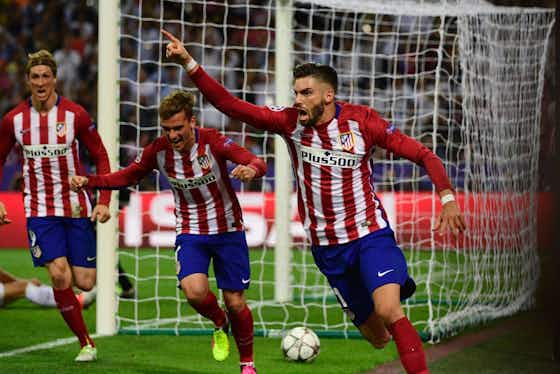
The first goal almost instantly changed the pattern of play, with both sides dropping in intensity and leaving a lot of space. The opening period ended in a lull, particularly for Atlético who were uncharacteristically sloppy in midfield. Recognising the need to affect the game, Simeone made the brave decision to sacrifice his defensive midfielder Augusto Fernández and bring on winger Yannick Carrasco. The difference was noticeable almost immediately, with Carrasco providing width and pace that was lacking the first half when Koke often drifted inside. Dani Carvajal’s injury gave Carrasco the opportunity to go up against a far inferior defender in Danilo and the Belgian was rewarded with the equalising goal.
3) Zidane’s bizarre substitutions give Atlético more impetus
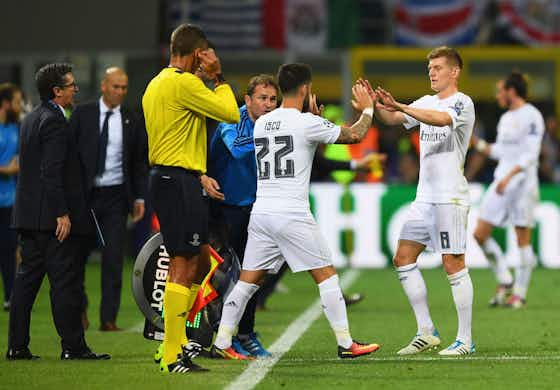
Atlético were helped in their quest for the equaliser by a pair of strange substitutions by Zidane. After being forced to bring on Danilo early in the second half, the Frenchman replaced Toni Kroos with Isco in the 72nd minute. Isco, for all his qualities, is a weaker defensive player and lacks Kroos’s ability to control the game from midfield. Indeed, it was Isco who needlessly stepped up on the edge of the box to vacate the space that Juanfran ran into for the Atlético leveller. It also reflects poorly on Real Madrid’s transfer policy that for all their millions, they did not have a proper defensive midfielder on the bench who they could bring on to help close out the game. Zidane then made his third substitution with 10 minutes to go and several players struggling for fitness, a naïve move that contributed to Madrid’s troubles in extra time.
4) Madrid sit back and limit Atlético’s effectiveness
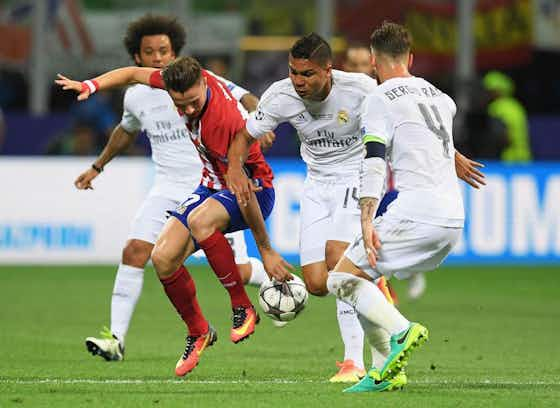
As the game went on, Real Madrid sat deeper and deeper, ceding both possession and territory to Atlético. This was the key strategic decision from Zidane and one that shaped the outcome. Critics may argue that it was negative approach from such an expensively assembled side but the Frenchman was determined not to be undone in the same way that other top sides have fallen to Atlético this season. He correctly reasoned that Antoine Griezmann and co would be a lot less dangerous in front of the Madrid defense than in behind it. Zidane allowed Atlético space in the middle and encouraged both his full-backs and his midfielders to stay put, daring Atlético to break Madrid down with the quality of their football. The result was that while Atlético dominated the game in many ways, they failed to create many clear-cut chances. Madrid conceded only four shots on target, a credit to Zidane and the very solid defensive central triumvirate of Pepe, Sergio Ramos and Casemiro.
5) Oblak and Atlético fail to turn up for penalties

Having disappointingly failed to convert possession and momentum into chances and a second goal, Atlético were left to face penalties. In a clear sign that the footballing gods were smiling on Madrid, Los Blancos were given the double advantage of taking the penalties in front of their own fans and going first (roughly 60% of teams that shoot first win). Much is made of the role that fortune plays in a penalty shootout and while it is certainly a huge factor, skill and nerves play an important role as well. Luck had nothing to do with Jan Oblak, who seemed to develop a case of stage fright at the crucial moment, watching like a statue as Madrid fired five expertly taken penalties past him. By a similar token, Juanfran’s miss was heartbreaking but it was not a particularly good strike. In one last cruel twist of fate, it was Cristiano Ronaldo, anonymous for so much of the match, who stepped up to strike the final blow and hand Madrid the the cup.






